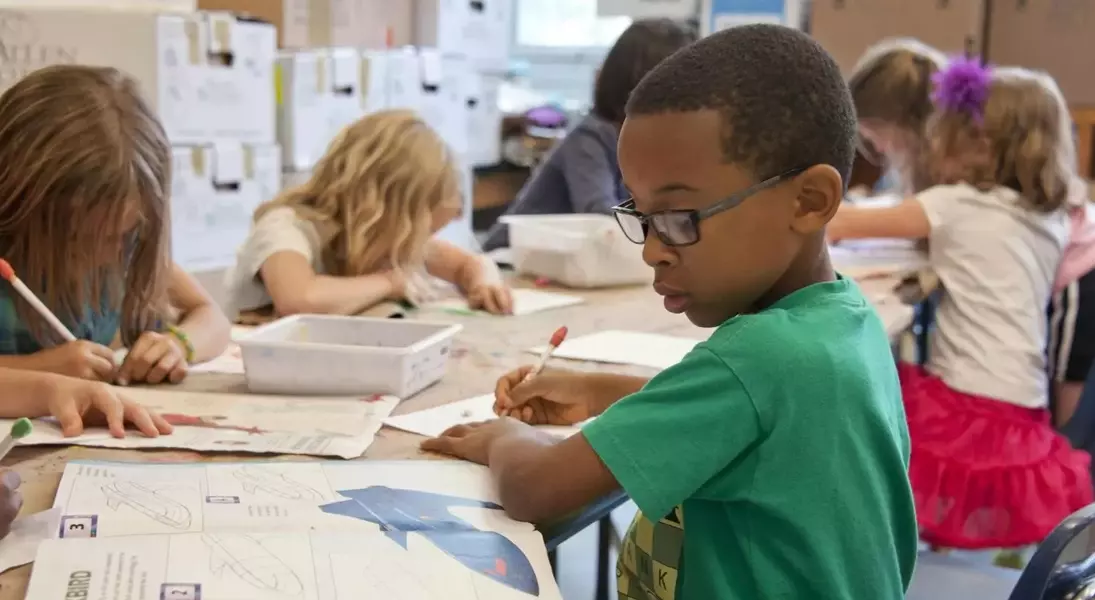
Before the dawn of agriculture, humans lived as nomads in small, stable groups. This lifestyle offers a window into ancestral conditions and has sparked interest among evolutionary scholars. Research by Peter Gray reveals that modern nomadic cultures do not emphasize formal education but instead focus on experiential learning through play-like activities. In contrast, industrialized public education systems often deviate significantly from this natural approach. A recent study led by Kathryne Gruskin outlines actionable strategies for parents to foster an evolutionarily aligned educational experience for their children within conventional schooling frameworks.
Six key recommendations include setting technological boundaries, staying engaged in holistic school experiences, encouraging developmental agency, teaching life skills, allowing exploration of interests, and providing safe parameters for unstructured play. These practices align with ancestral learning processes, potentially alleviating mismatches between modern education and human evolutionary history.
Rethinking Learning Through Play
Nomadic societies offer a unique perspective on how humans naturally acquire knowledge. Unlike structured curricula, these groups embrace spontaneous daily agendas centered around experiential learning. Activities resemble playful engagement rather than traditional schooling, fostering organic skill development without rigid educational frameworks. This method contrasts sharply with the regimented schedules prevalent in today's public schools, where predetermined lessons dominate.
Gray's findings suggest that play-based approaches may better align with the cognitive mechanisms shaped by our ancestors' lifestyles. By observing how nomadic children learn through interactive, hands-on experiences, we gain insights into the evolutionary underpinnings of effective education. Such observations highlight the importance of flexibility and creativity in learning environments, emphasizing learner autonomy over institutional control. This shift could transform contemporary educational paradigms, making them more attuned to innate human tendencies toward discovery and experimentation.
Practical Steps for Evolutionary-Aligned Parenting
Informed by research, parents can implement specific strategies to bridge the gap between modern schooling and ancestral learning patterns. Encouraging balanced technology use, active involvement in academic and social-emotional growth, supporting child-driven choices, integrating essential life skills, facilitating interest exploration, and ensuring safe yet flexible play opportunities form the core of Gruskin's recommendations. Each strategy aims to recreate aspects of the natural learning environment within a typical public school context.
For instance, limiting screen time and substituting it with tactile activities nurtures sensory development akin to prehistoric practices. Similarly, empowering children to manage their own tasks fosters self-reliance while involving them in household responsibilities builds practical competencies. Allowing free exploration across various domains stimulates curiosity and innovation, crucial traits honed during humanity's nomadic past. Finally, establishing reasonable safety guidelines ensures protection without stifling creativity or independence, echoing the adaptive balance inherent in ancestral living conditions. Together, these measures pave the way for a more harmonious educational journey rooted in evolutionary wisdom.
